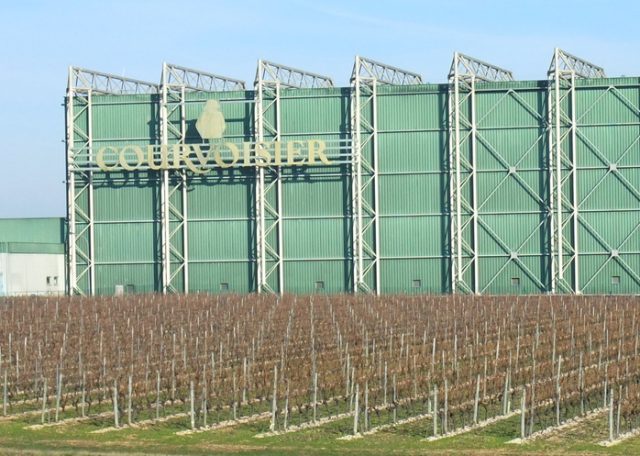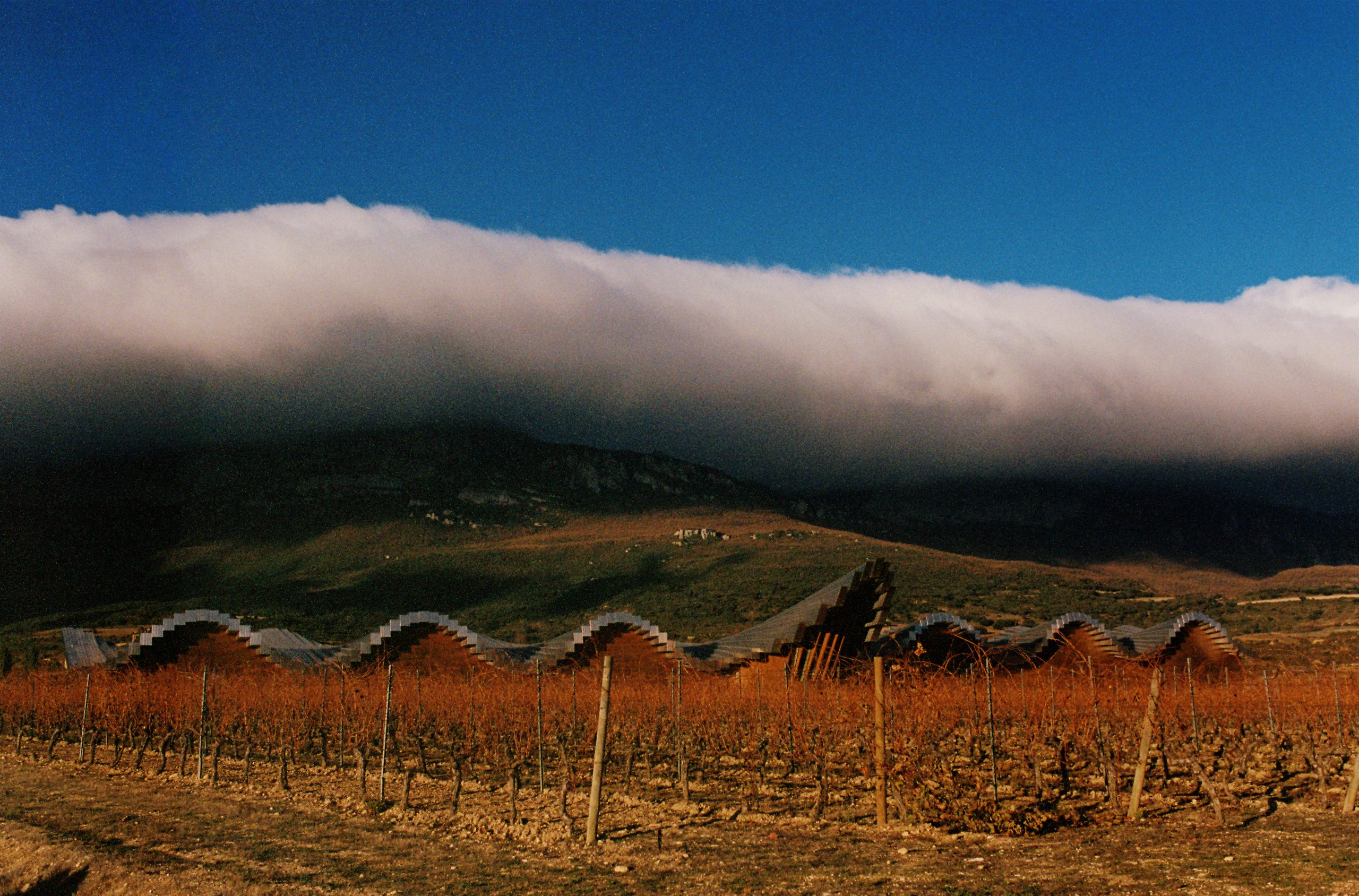Campari to buy Courvoisier for US$1.32bn
Spirits giant Campari is to buy Courvoisier from Beam Suntory in a transformative deal valued at US$1.32bn, the biggest in its history.

The purchase of a top four Cognac house is the biggest achievement for chief executive Bob Kunze-Concewitz, who is stepping down in April after steering Campari through almost 30 deals in his time at the helm, including the purchase of Grand Marnier in 2016 and Aperol in 2017.
When his retirement was announced in the early autumn the drinks business speculated that he might bow out and seal his legacy with a final spectacular takeover.
The 56-year-old Austrian told analysts that “Christmas came early for Campari this year”. It was a “once in a lifetime opportunity,” he said.
Bringing Courvoisier Cognac to join Bisquit in the portfolio gives the Italian group a fourth string to its bow, adding Cognac to aperitifs, Tequila and Bourbon.
Kunze-Concewitz said Courvoisier alone was expected to make up 8% of the group’s total sales in the future, adding to Bisquit’s current 1%.
Profile lift
It will significantly lift the group’s profile in both the US and the Asia Pacific region, especially China, where Cognac is the leading category of imported spirits.
Building market share in both the US and China is central to challenging further rivals such as Diageo and Pernod Ricard.
The deal leaves Diageo as the only major competitor not to own a significant Cognac brand, although is does own a 33% holding in LVMH’s Moët Hennessy arm.
After a buoyant 2022, Cognac sales have been hit this year by consumer resistance to price rises in the face of inflation and slowing consumption patterns following the boom during the immediate aftermath of the coronavirus pandemic.
Sales at Courvoisier fell by 33% in the 10 months to the end of October compared with the same period last year.
Kunze-Concewitz told the Financial Times the downturn was “temporary” and “we are very bullish on the medium and long-terms prospects of the brand”.
“It’s better to buy such a premium maison in this market,” he added.
“Cognac in the US is now a lot more popular than it was before the pandemic, in spite of the [current decline in sales],” he said.
Partner Content
US sales
Today some 55% of Courvoisier’s sales are in the US.
“Clearly this is a brand which fits into our playbook, and we expect to relaunch and grow it substantially as we’ve done with some of the other brands,” Kunze-Concewitz said.
“With our marketing model we can get this brand to perform at a really different pace.”
Analysts pointed to the group’s success with Aperol, whose sales have risen 12-fold since it was purchased in 2017 and is now Campari’s biggest brand. In the same vein Wild Turkey whiskey’s sales have increased threefold since Campari took it over in 2009.
Overall, the group expects Courvoisier to lift earnings per share by 2%.
It is Campari’s seventh acquisition since 2016 of a France-based spirits producer. It believes the deal will lead to increased distilling infrastructure, bottling and warehousing capacity in the Cognac region.
New chief exec
Incorporating Courvoisier into the portfolio and developing the brand will be a priority for incoming new chief executive Matteo Fantacchiotti, but that does not mean Campari believes its cupboard is full.
In the long-term it expects about half of its growth to be driven by acquisitions and earlier this year Kunze-Concewitz said he had “€20 billion worth of firepower in his back pocket.”
And with the controlling Garavoglia family holding some 80% of the voting rights in the company, its freedom to act is not as constrained as it would be by a more broadly based shareholding.
For its part Beam Suntory President and CEO Greg Hughes said the company would focus on its core strengths as it looks to accelerate its own global growth ambitions.
Selling Courvoisier means it will now focus on its Japanese whiskies such as the fast-growing Yamazaki range and the bourbons in the Jim Beam family.
Earlier this year the company also said it was driving to make significant gains in the RTD sector.
Related news
Cesium Group launches new podcast with Michael Saunders interview




